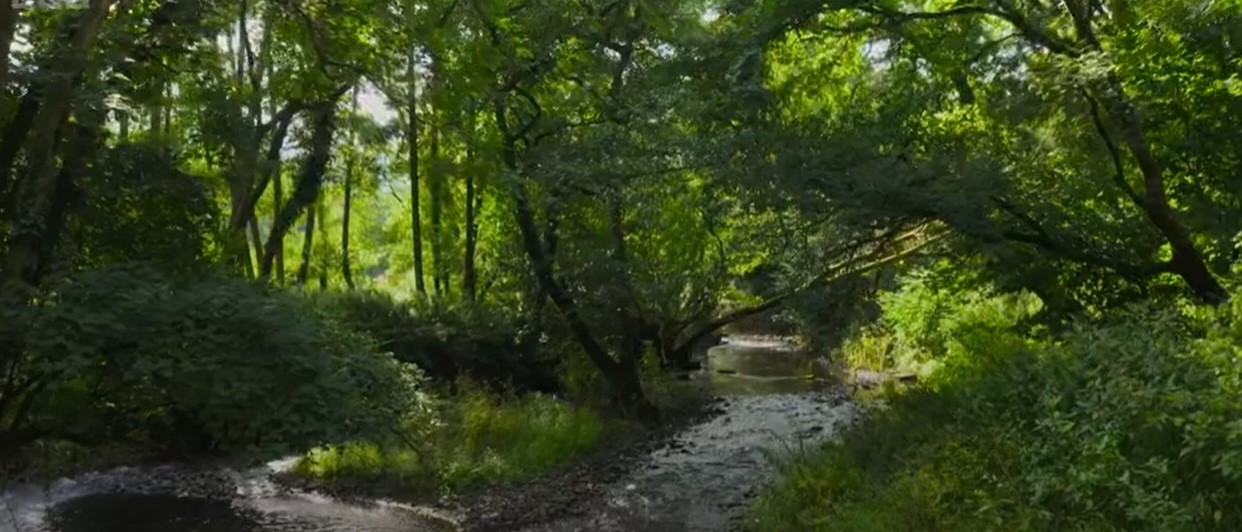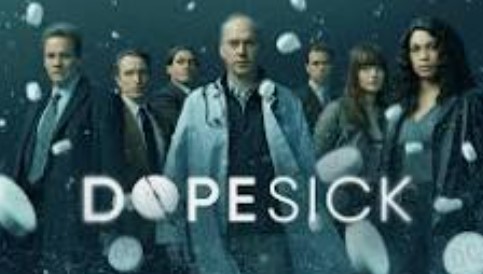By Mark Langabeer, Hastings and Rye Labour member.
In a new BBC series, Our Troubled Rivers, comedian and keen angler, Paul Whitehouse, travelled to many areas of England and Wales to find out if our rivers really were as polluted as many campaigners suggest. Basically, he found out that they were.
He recollected his own experience as a boy, visiting rivers to fish with his father, and he recalled that most rivers then were full of life. Today, virtually all of Britain’s waterways are effected by pollution.
The programme, is aired on BBC2, and is in two parts, with Part One concentrating on the role played by water companies which discharge raw sewage into rivers when the treatment plants are supposedly ‘under pressure’, usually after heavy rainfall. The water companies can be fined if they discharge raw sewage when river levels are low, but it has not prevented thousands of tonnes of discharge, even in dry weather.
Many campaigners, such as Fergal Sharkey, have argued that the water companies should be brought back into public ownership. Whitehouse interviewed an Oxford economics professor, who pointed out that when the ten regional water companies were privatised back in 1989, there were two reasons. Firstly, it was essentially ideologically driven, the Tories believing that ‘public is bad’ and ‘private is good’. It was initially seen as a success, the because a broad range of people bought shares.
The second reason given was supposedly that private capital could generate investment into a water industry which at the time required substantial upgrading of ageing treatment plants.
Much more interested in profit than investment
By the 1990s, however, ownership of water was largely in the hands of private equity firms, pension funds and foreign governments, all of whom are far more interested in profits than investment in reservoirs, leaking pipes or new treatment plants.
The programme unfortunately neglected to mention what was common knowledge at the time: that the companies were sold off below their real value and that they were completely free of debt. To boost profits, the companies have since then loaded themselves with tens of billions of pounds of debt today – all ultimately charged to the consumer, ie you and me.
The ten water companies are each monopolies in their respective areas. They have two bodies that are supposed to regulate them, Ofwat and the Enviomental Agency. But the Agency have suffered from cuts and its ability to maintain inspections has been compromised.
Ofwat, which was supposedly set up to protect consumers, is staffed by people from the industry with which it seems to have a ‘revolving door’ relationship. The annual salaries of the chief executives of the companies are between £1m and £4 million, and they receive additional profitability bonuses on top.
Whitehouse pointed out that for over thirty years, the water industry was hardly ever mentioned, but that is not the case today. Even clean tap water is not as cheap as it used to be, and there are a lot more complaints about dumping raw sewage into rivers and the sea.
He interviewed a couple of campaigners who said that at one meeting, the boss of a water company argued that there had never been complaints before! It was pointed out, however, that most people didn’t know about the dubious practices used by the water companies.
The programme showed a brief clip of Fergal Sharkey addressing the Labour conference last year. Unfortunately, the Labour leadership have abandoned a commitment to renationalise the public utilities, Labour’s right-wing argueing that it would be costly and ‘not a priority’.
Starmer and Reeves are obsessed about being financially frugal, thinking that it is the way to secure electoral success . But the renationalisation of water could be done on the basis of minimal compensation. The profits, which have been huge (£72 bn), could be used to upgrade our water and treatment plants, invest in reservoirs and replace aging sewers and water pipes. The industry could and should play a part in reducing pollution in our ‘green and pleasant’ land.
The photo above is from the opening scenes of Our Troubled Rivers, which can be found on BBC i-player, here.



